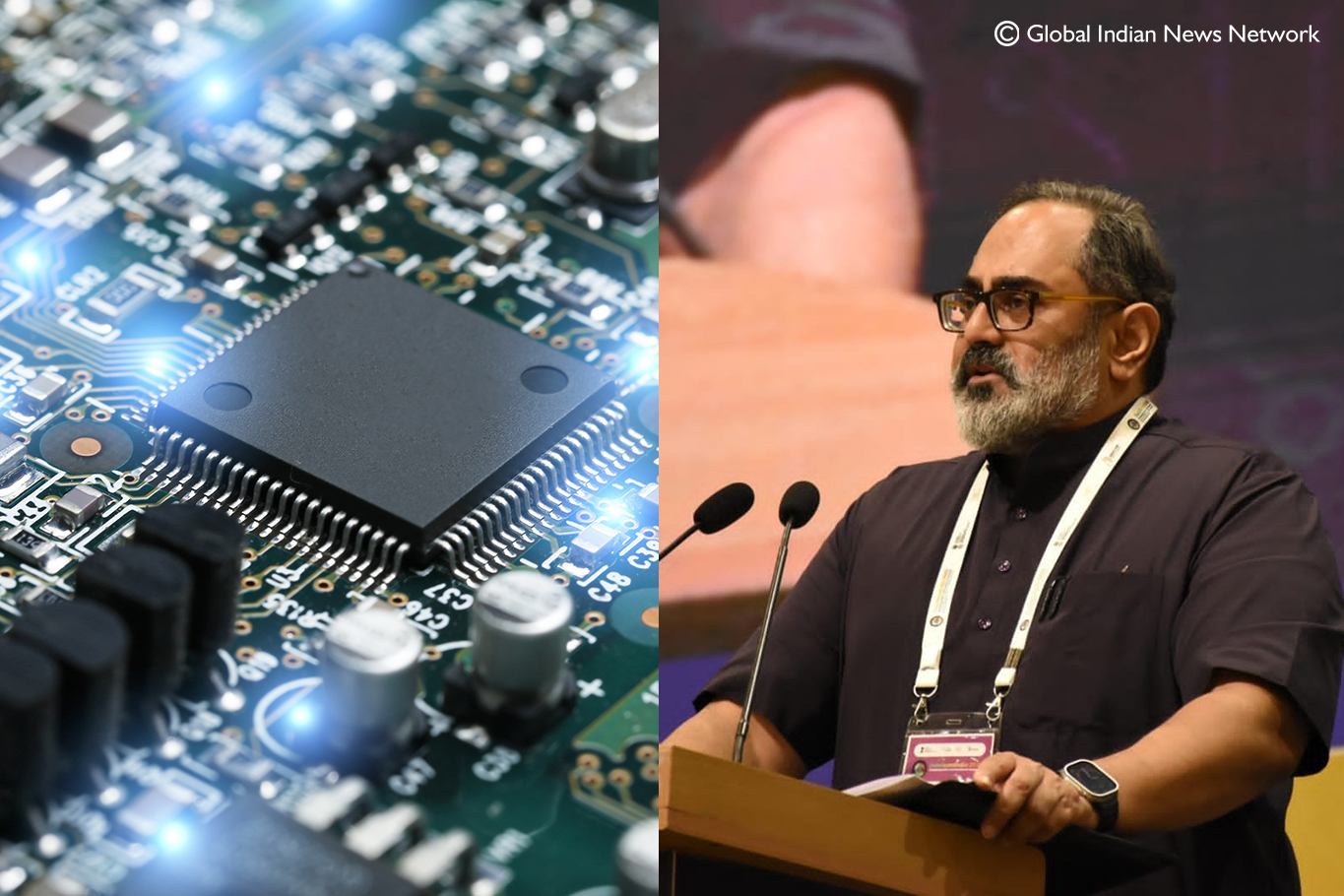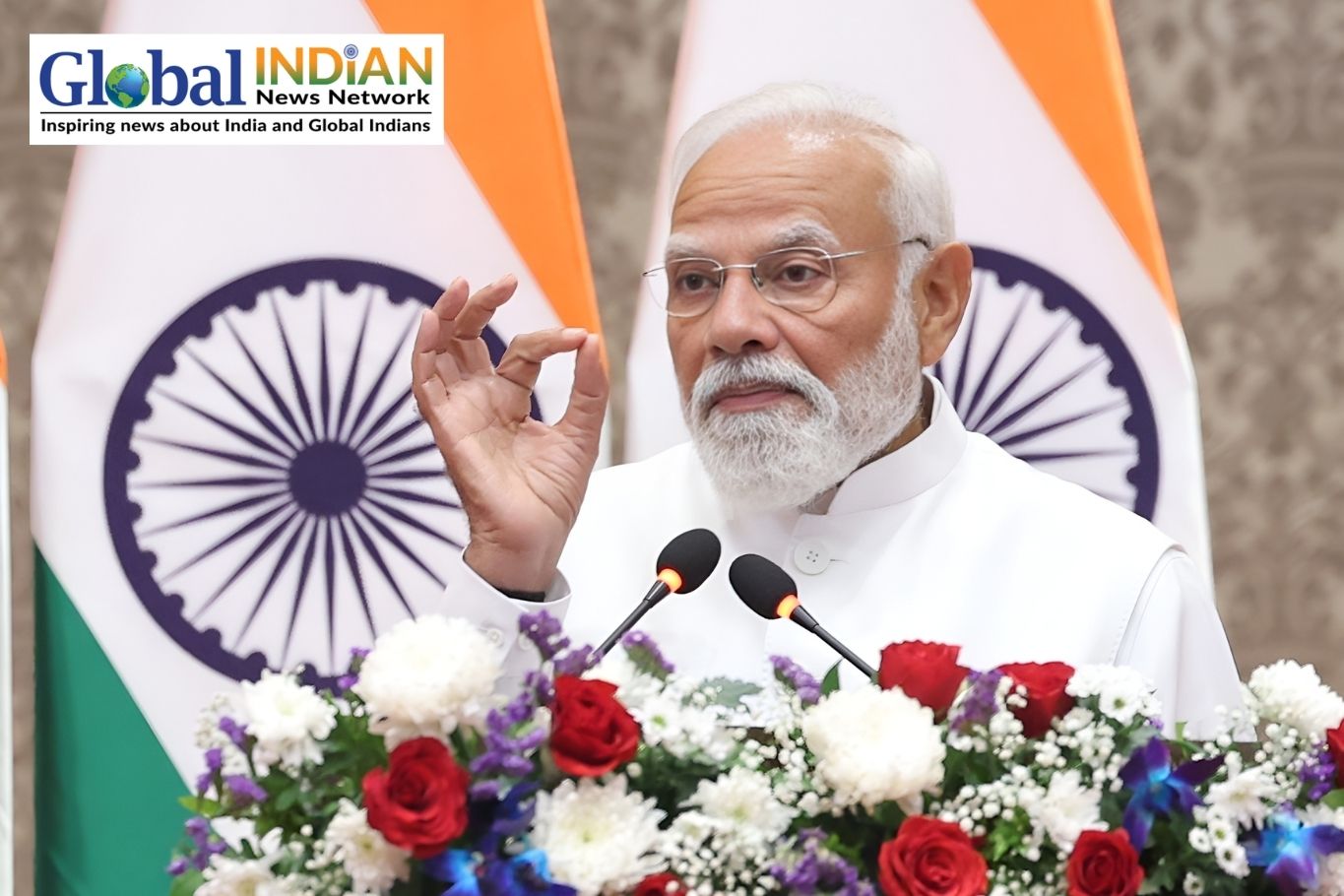 India is poised to become a significant player in the global semiconductor supply chain over the next decade, thanks to the allocation of US$ 10 billion in incentives and support to promote domestic chip manufacturing. Union Minister of State for Electronics and Information Technology, Mr. Rajeev Chandrasekhar, expressed confidence in India’s progress in the semiconductor field, drawing parallels to China’s three-decade advancement. Various firms, including Vedanta and Taiwan’s Foxconn, have already been attracted by the production-linked incentive (PLI) scheme, pledging multi-billion-dollar investments to establish chip manufacturing units for products like mobile phones and cars.
India is poised to become a significant player in the global semiconductor supply chain over the next decade, thanks to the allocation of US$ 10 billion in incentives and support to promote domestic chip manufacturing. Union Minister of State for Electronics and Information Technology, Mr. Rajeev Chandrasekhar, expressed confidence in India’s progress in the semiconductor field, drawing parallels to China’s three-decade advancement. Various firms, including Vedanta and Taiwan’s Foxconn, have already been attracted by the production-linked incentive (PLI) scheme, pledging multi-billion-dollar investments to establish chip manufacturing units for products like mobile phones and cars.
Mr. Rajeev Chandrasekhar highlighted the partnership with Micron in the ATMP project, which is expected to create 5,000 direct jobs and 15,000 indirect employment opportunities within the semiconductor industry.
The government is actively collaborating with the industry to develop a comprehensive curriculum to train 85,000 skilled professionals globally in the field of VLSI (very large-scale integration). This initiative spans students from post-doctorate degrees to undergraduate courses, aiming to nurture a talent pool to meet the industry’s demands.
Since 2014, India has successfully revitalized the electronics ecosystem, witnessing significant exports and substantial growth in total electronic production. The country has also established a strong presence in global value supply chains for electronics, contributing to its expanding role in the sector’s global landscape.
In tandem with supporting startups in the semiconductor industry’s design sector, the government is providing direct financial assistance to five out of 30 startups, further fueling progress and innovation in this domain.









